Question And Answer
Publications
Articles, publications, books, tools and multimedia features from the U.S. Institute of Peace provide the latest news, analysis, research findings, practitioner guides and reports, all related to the conflict zones and issues that are at the center of the Institute’s work to prevent and reduce violent conflict.
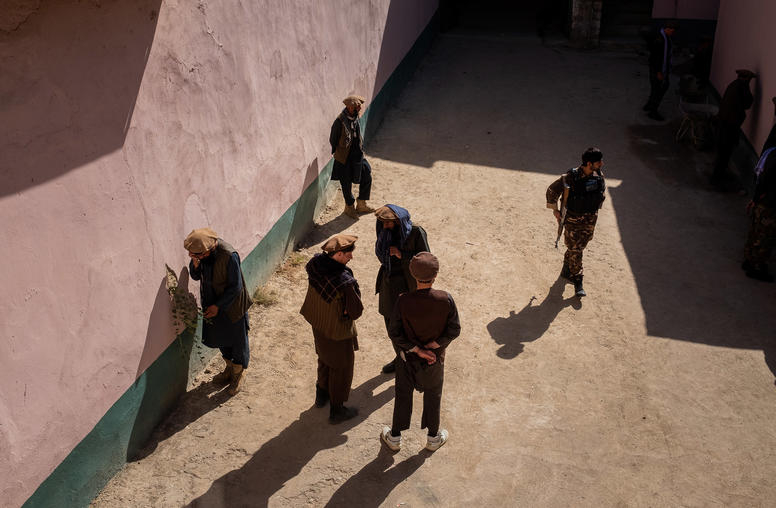
Taliban Fragmentation: Fact, Fiction, and Future
For years, the U.S. military pursued a "divide and defeat" strategy against the Afghan Taliban, attempting to exploit the supposedly fragmented nature of the group. Drawing on the academic literature on insurgency, civil war, and negotiated peace, this report finds that the Taliban is a far more cohesive organization than a fragmented one. Moreover, Taliban cohesion may bode well for enforcing the terms of its February 29 agreement with the United States, and any eventual settlement arising from intra-Afghan negotiations.
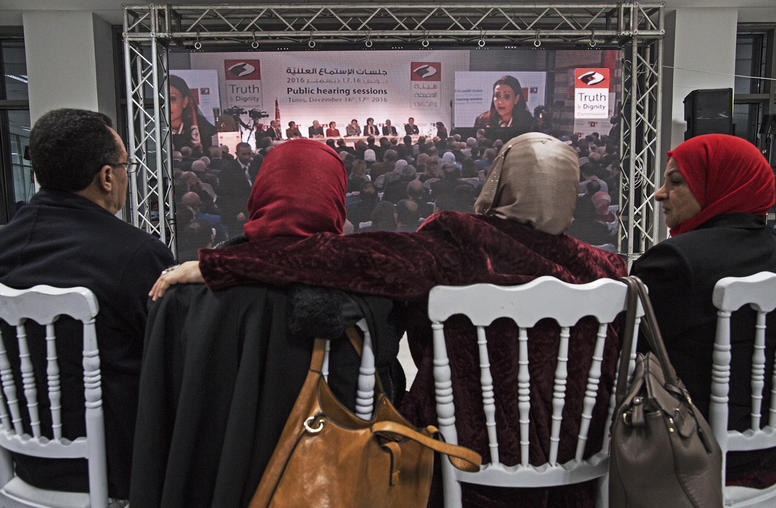
Nonviolent Action and Transitions to Democracy: The Impact of Inclusive Dialogue and Negotiation
Significant dialogue and negotiation processes have taken place in almost all democratic transitions, but these processes alone do not have a significant impact on future democracy. This report presents statistical analysis of all political transitions after nonviolent action campaigns and case studies of transitions in Egypt, Tunisia, and Ukraine to show the importance of inclusion—and in particular the participation of women—to ensure both successful dialogue and that the outcome of that dialogue is a stable democracy.
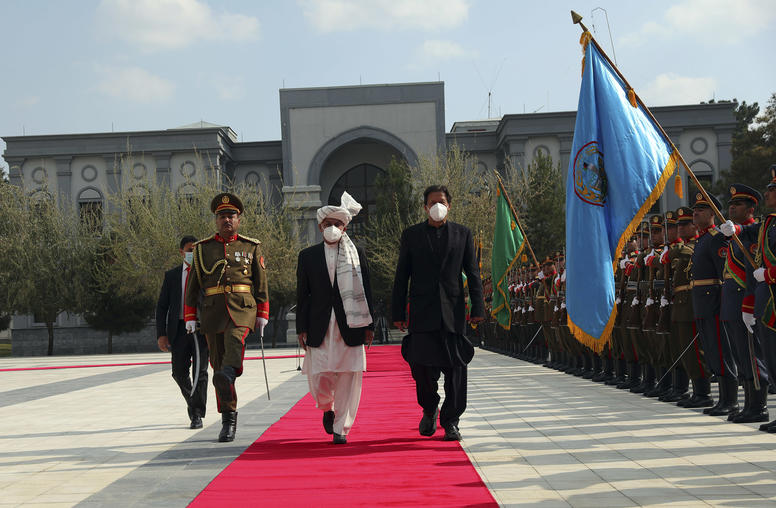
Afghanistan-Pakistan Ties and Future Stability in Afghanistan
The situation in Afghanistan—and with it the Afghanistan-Pakistan relationship—is likely to worsen in the short term. The prospect of a prolonged civil war or full Taliban takeover now looms large as hopes of a negotiated settlement recede. Whatever the outcome, the countries’ bilateral relationship will continue to be shaped by tensions that have characterized it for more than a century. This report examines these sources of tension and identifies potential openings for engagement that could, over time, become sources of stability and growth.
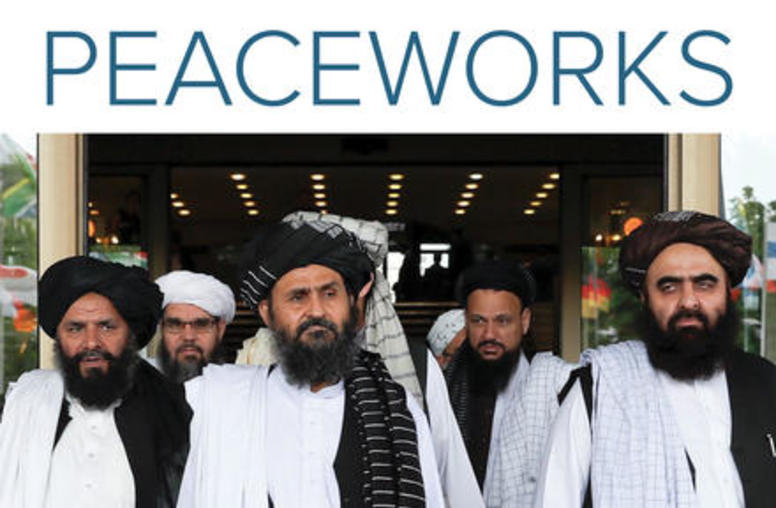
Insurgent Bureaucracy: How the Taliban Makes Policy
The system of shadow Taliban governance and the experiences of civilians subject to it are well documented. The policies that guide this governance and the factors that contribute to them, however, are not. This report examines how the Taliban make and implement policy. Based on more than a hundred interviews and previously unreleased Taliban documents, this report offers rare insight into Taliban decision-making processes and the factors that influence them.

From the Street to the Peace Table: Nonviolent Mobilization during Intrastate Peace Processes
Though nonviolent grassroots movements often help spur transitions to peace and democracy, they are rarely invited to play a role in formal peace processes. Yet these movements can and do influence the course and content of peace negotiations and contribute to the quality and durability of the resulting peace. This report examines the strategies they employ and provides insights for grassroots movements currently mobilizing for peace or change in Myanmar, South Sudan, Syria, Yemen, and elsewhere.
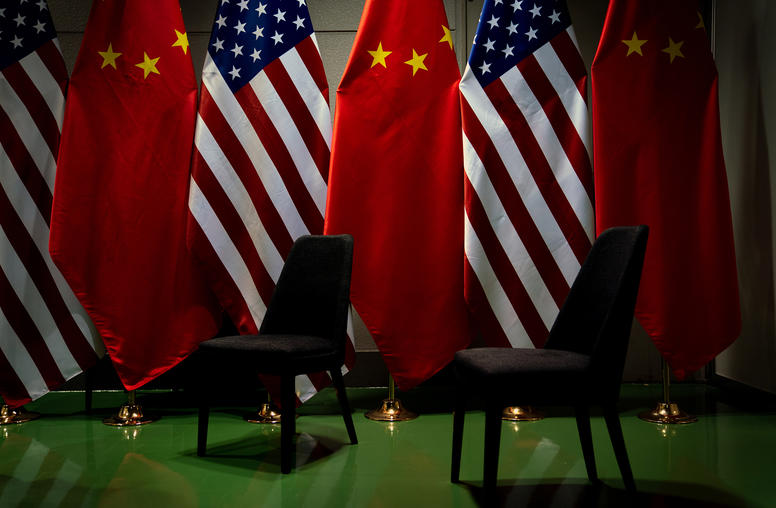
Enhancing U.S.-China Strategic Stability in an Era of Strategic Competition
As strategic competition between the United States and China intensifies, preventing a destabilizing arms race and lowering the risk of military, especially nuclear, confrontation is critical. The essays in this volume—based on a series of workshops convened by USIP’s Asia Center in late 2020—highlight both the striking differences and the commonalities between U.S. and Chinese assessments of the root causes of instability and the drivers of conflict in the nuclear, conventional missile and missile defense, space, cyberspace and artificial intelligence realms.
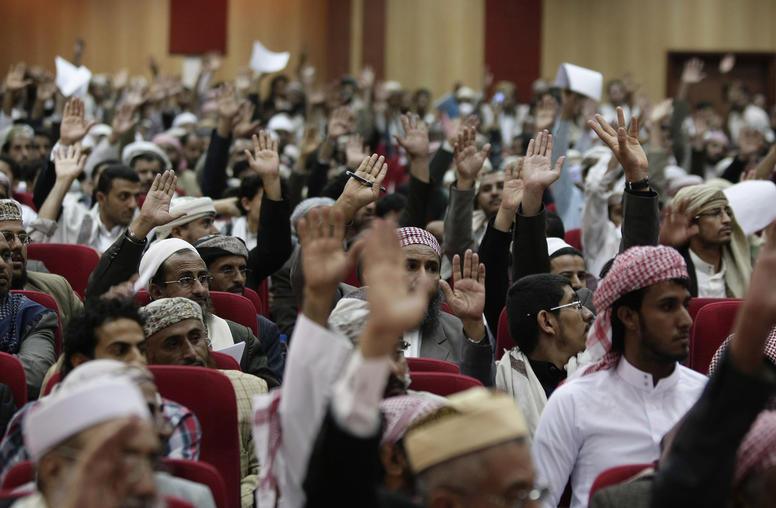
National Dialogues in Peacebuilding and Transitions: Creativity and Adaptive Thinking
At their best, national dialogues hold the promise of adding critical momentum in the drive to transform conflict inclusively. This report examines dialogues in six countries—the Central African Republic, Kenya, Lebanon, Senegal, Tunisia, and Yemen. These diverse processes show the possibilities for fostering dialogue, forging agreements, and driving toward peace; and the report offers extensive guidance on the possibilities and practicalities for those considering convening a national dialogue.
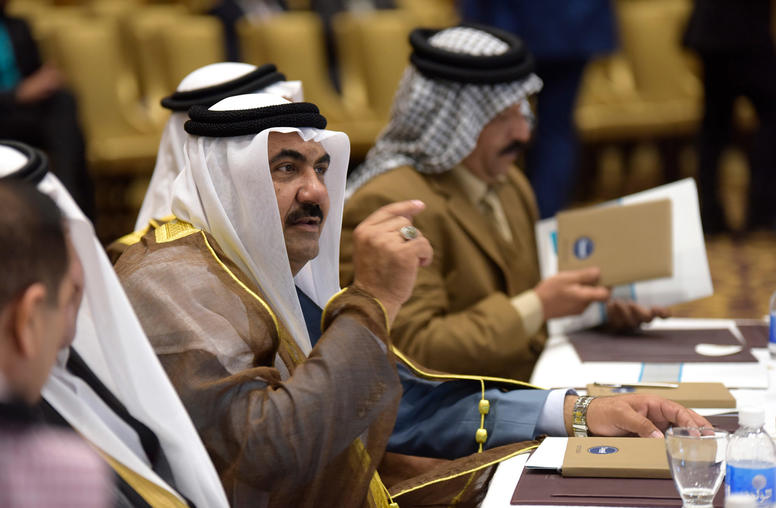
Nurturing and Sustaining Facilitator Networks: Key Considerations for Support Organizations
As more emphasis is placed on the role of national and local efforts in peacebuilding, support organizations may increasingly look for opportunities to bolster national and local facilitator networks. This report shares findings from a meta-review commissioned by the United States Institute of Peace that examined networks it supported in Afghanistan, Colombia, Iraq, Pakistan, and Tunisia. It provides recommendations for creating and sustaining networks that successfully operate with the resources and technical assistance available.
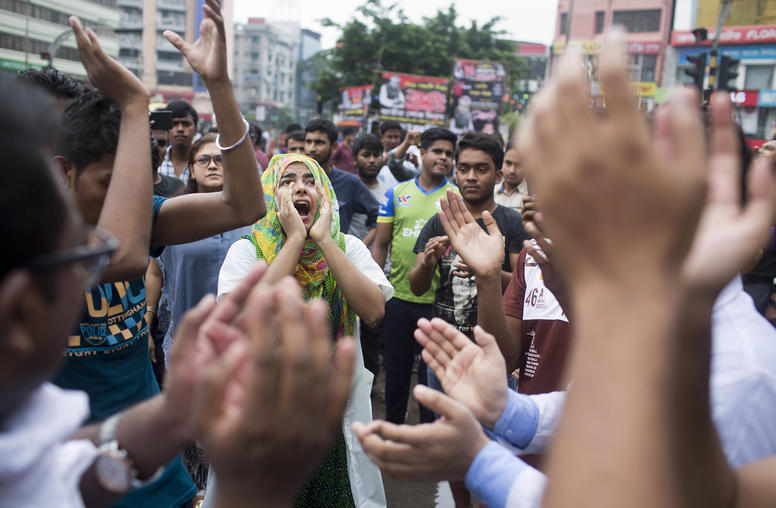
Precarity and Power: Reflections on Women and Youth in Nonviolent Action
Examples abound of women and youth on the front lines of recent nonviolent action campaigns—from Alaa Salah leading demonstrators in Sudan in 2019 to the thousands of young people marching against the coup in Myanmar in early 2021. Yet significant social, cultural, and economic barriers can prevent both women and youth from participating in nonviolent action. This report, based in part on firsthand reports from activists in seven diverse countries, sheds light on these barriers and makes concrete recommendations for maximizing the impact of women and youth in nonviolent action.
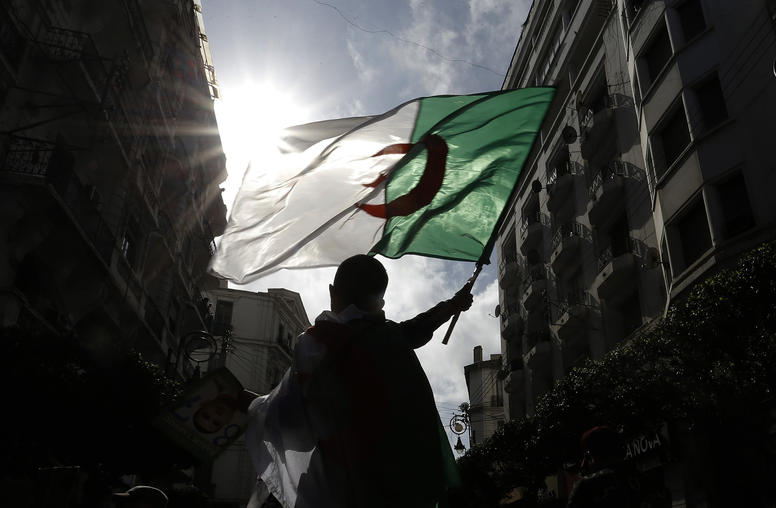
Motives, Benefits, and Sacred Values: Examining the Psychology of Nonviolent Action and Violent Extremism
What motivates one person to engage in acts of violent extremism, while others choose to pursue change through nonviolent action? This report is based on pilot research into the psychological and social dynamics of a nonviolent resistance group—Algeria’s Hirak movement—that employs some of the same measures used to study participation in violent extremist organizations. A deeper understanding of these dynamics, it is hoped, will help practitioners, policymakers, and researchers to identify and support paths away from violent extremism and to strengthen and sustain engagement in nonviolent action.